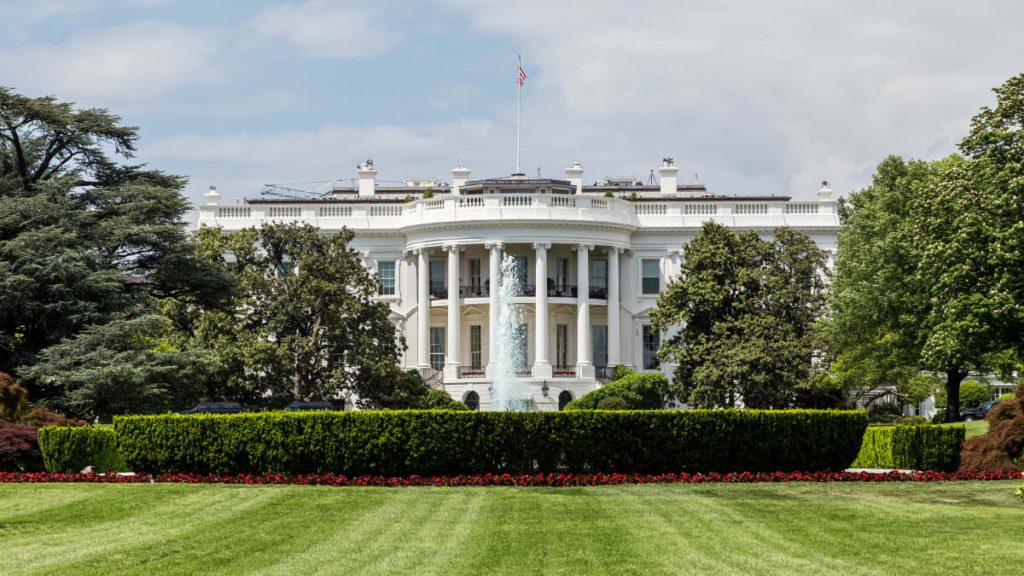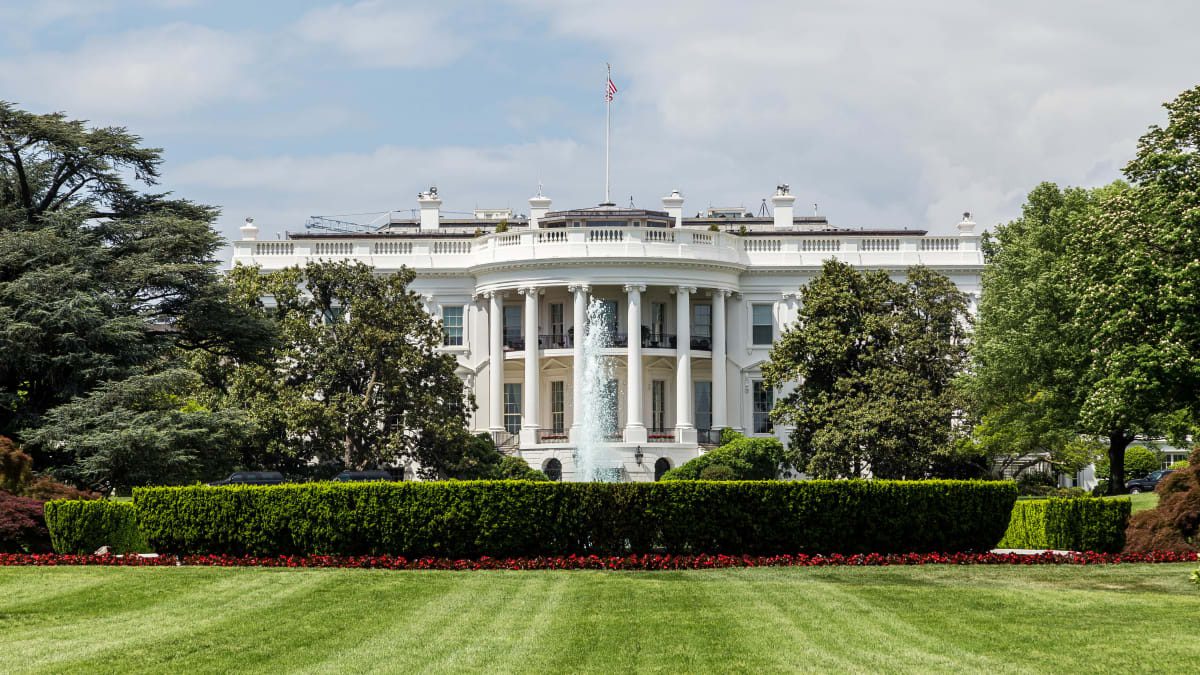The groundhog predicted an early spring. Will it bring any thaw in Capitol Hill tensions? With a government shutdown looming yet again, let’s hope legislators put their Leap Day to good use! Here is your monthly rundown of some major issues in Washington, D.C. impacting the work of the charitable sector.
Appropriations
A top priority for Congress is passing a government funding bill for the remainder of the 2024 fiscal year. A continuing resolution was passed in January with bipartisan support to keep the government open for several more weeks. This was the third short-term funding patch passed by Congress to avoid a shutdown this fiscal year. There are now two funding deadlines: The first deadline is March 1 for four of the spending bills (Military Construction-Veterans Affairs, Agriculture, Transportation-HUD, and Energy and Water). The second deadline is March 8 for the remaining eight appropriations bills. House and Senate appropriators have been working on packaging some bills together for consideration as they have struggled to pass individual bills. While leaders have agreed to the overall funding levels for each bill, issues remain regarding policy riders — making it difficult to reach a final deal. Absent a final deal, spending will revert to 2023 levels and a 1% cut will be ordered April 30. The deadlines have importance for many government programs, but they are also significant in terms of what could be attached to a funding bill, such as a supplemental appropriations bill and a tax package, both discussed below. In a related event, President Biden is expected to release the Administration’s FY 2025 budget proposal around March 11 following his delivery of the State of the Union on March 7.
Supplemental Funding
Congress has debated providing supplemental security funding to Ukraine, Israel, Taiwan, and the US-Mexico border. The Senate February 13 approved a national security supplemental bill by a 70-29 vote, with the support of 22 Republicans. After weeks of negotiations, the Senate did not include any U.S. border security policy provisions. Senate leaders and President Biden implored House Speaker Mike Johnson (R-LA) to bring the measure up for a House vote, saying it would pass with bipartisan support.
Speaker Johnson cited the lack of meaningful provisions on border security, an issue that complicated the Senate effort as a bipartisan group worked for months on a compromise (required by the 60-vote threshold for most bills). It was ultimately deemed insufficient by the Speaker and former President Trump and omitted from the Senate bill. “Now, in the absence of having received any single border policy change from the Senate, the House will have to continue to work its own will on these important matters,” Johnson said on the eve of the Senate vote. The fate of any supplemental funding may be inherently tied to the success or failure of broader government funding negotiations.
Temporary Business Tax Extensions and Child Tax Credit Expansion
On January 15, Ways and Means Committee Chairman Smith (R-MO) and Senate Finance Committee Chairman Wyden (D-OR) announced a deal on a tax package, Tax Relief for American Families and Workers Act (H.R. 7024). The bill includes provisions temporarily reversing business tax increases included in the 2017 Tax Cuts and Jobs Act, an expansion of the refundability of the Child Tax Credit (CTC), the United States-Taiwan Expedited Double-Tax Relief Act, disaster relief, and low-income housing provisions. The cost of the package is offset by imposing an early cut off deadline to file claims for the Employee Retention Credit on January 31, 2024, as well as other anti-fraud provisions. Of note, the bill does not contain a restoration of the universal charitable deduction or a provision to expand the state and local tax (SALT) deduction. The bill passed overwhelmingly on the House floor (357-70) after a successful markup at the Ways and Means Committee.
The package is having a much more difficult time getting agreement in the U.S. Senate, and the path forward is far from clear. Finance Committee Chairman Ron Wyden (D-OR) urged Senate Majority Leader Chuck Schumer (D-NY) to bring the measure up when the Senate reconvenes the week of February 26. Bloomberg reported Chairman Wyden as saying businesses face consequences for the Senate’s inaction on the business and child tax break bill and, “Delays have costs.” Senate Finance Committee Republicans have called for a markup of the bill, which could be amended, or opportunities to amend the bill on the Senate floor. Democratic leaders could also append the bill to appropriations legislation required to meet government funding deadlines of March 1 and 8. On February 16, Punchbowl News reported House Ways & Means Committee Chairman Jason Smith (R-MO) as saying the latter option may be more likely, with the bill attached as-is to a moving legislative vehicle.
Oversight of 501(c) Organizations
On December 13, House Ways & Means Oversight Subcommittee held a hearing on “Growth of the Tax-Exempt Sector and the Impact on the American Political Landscape” where members aired concerns about wealthy individuals, including foreign nationals, donating to tax-exempt organizations that influence U.S. elections. Some Republicans specifically highlighted a case of what they say was a high-profile individual channeling funds through a nonprofit to election departments during the 2020 election. A separate House committee later advanced legislation aimed at addressing this practice on a partisan vote.
At the December Oversight Subcommittee hearing, Ranking member Bill Pascrell (D-NJ) called for better regulating political involvement by 501(c)(4) organizations and asked how an appropriations policy rider barring guidance on political activities of the organizations has stifled that effort. Ways and Means Committee Chairman Smith expressed concerns about 501(c)(4) organizations influencing elections with foreign funding and asked if the U.S. should reconsider how foreign donations are treated. The hearing was an outgrowth of an August 14 Request for Information (RFI) on the political activities of nonprofits from Chairman Smith. There is the potential for additional hearings and/or legislation that may result from the RFI and December 13 hearing.
On February 14, House Oversight and Accountability Committee Chairman James Comer (R-KY) sent a letter to IRS Commissioner Daniel Werfel as part of the Committee’s investigation into IRS enforcement of the political and lobbying activities of 501(c)(3) organizations. In the letter, Chairman Comer noted, “Reports by the U.S. Treasury Inspector General for Tax Administration (TIGTA) note specific problems with the IRS’s capabilities to enforce regulations for charities and other tax-exempt organizations, including: a lack of responsiveness by the IRS to tax-exempt organizations and internal IRS resource allocation plans covering tax-exempt enforcement. […] We are concerned that IRS may now be engaged in withholding legitimate enforcement efforts as they pertain to activist groups hiding behind their non-profit (sic) statuses.”
Nonprofits Advocate for Affordable Connectivity Program
On January 24, 10 national nonprofit organizations wrote to congressional leaders in support of additional funding to extend the Affordable Connectivity Program (ACP). As the letter notes, “ACP is a true bipartisan success story — growing out of initiatives supported by the current and prior Administrations and the broad, national consensus in support of universal access to affordable broadband.” The Nonprofit Infrastructure Coalition advocated throughout 2020 and 2021 for the creation and funding of broadband access programs. For more details, see the blog about the issue by United Way Worldwide, an Independent Sector and Nonprofit Infrastructure Coalition member.

